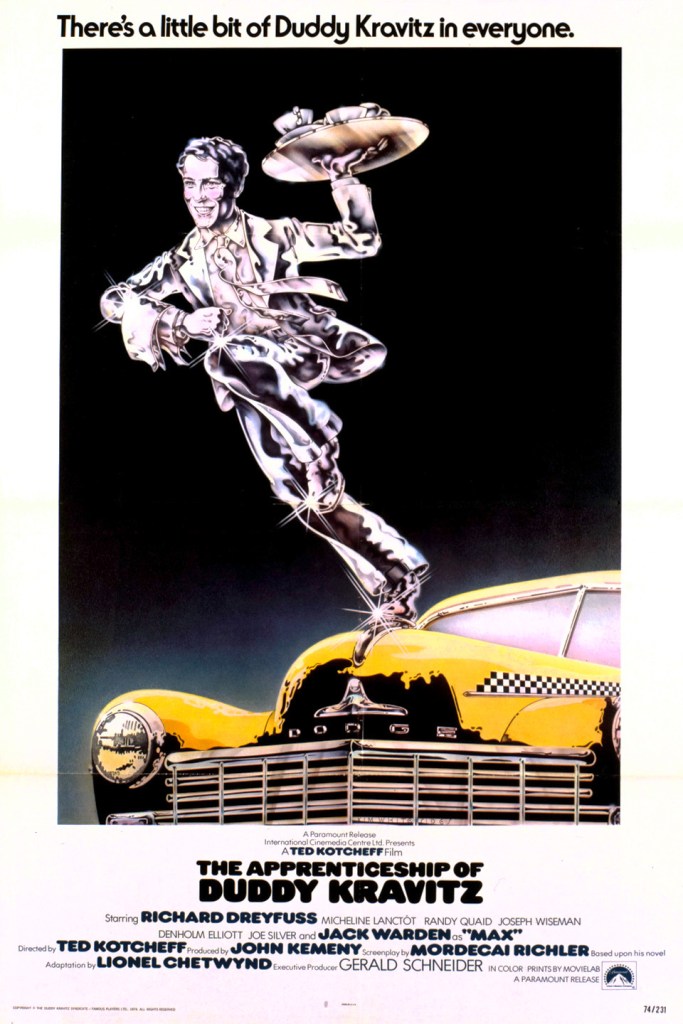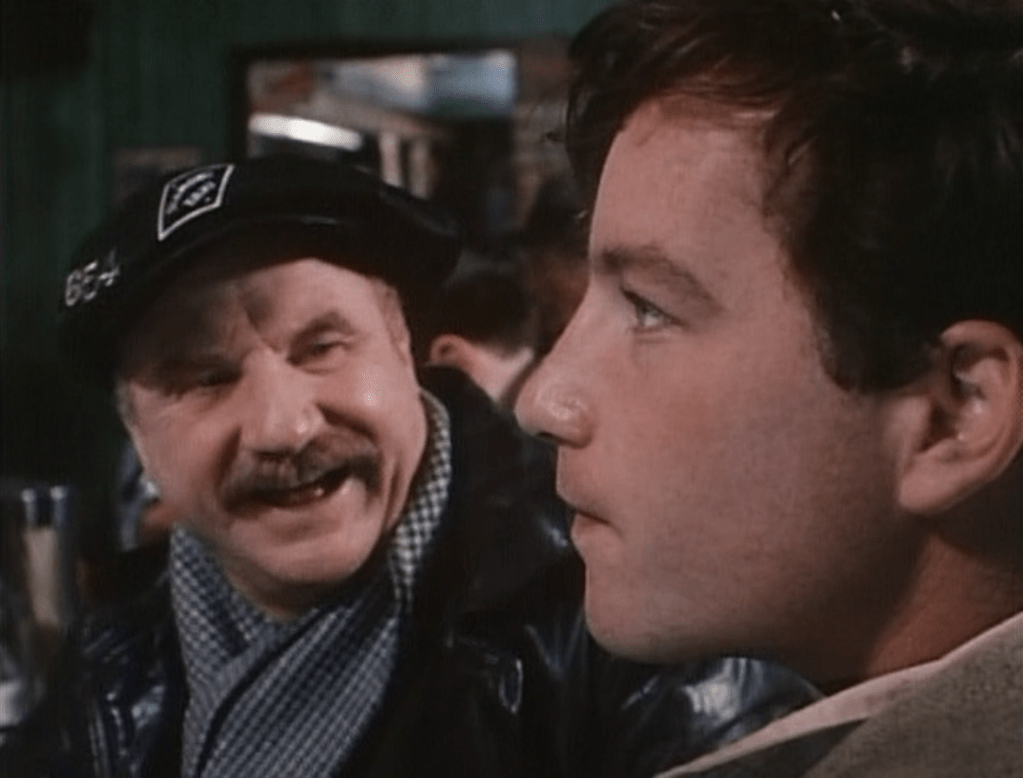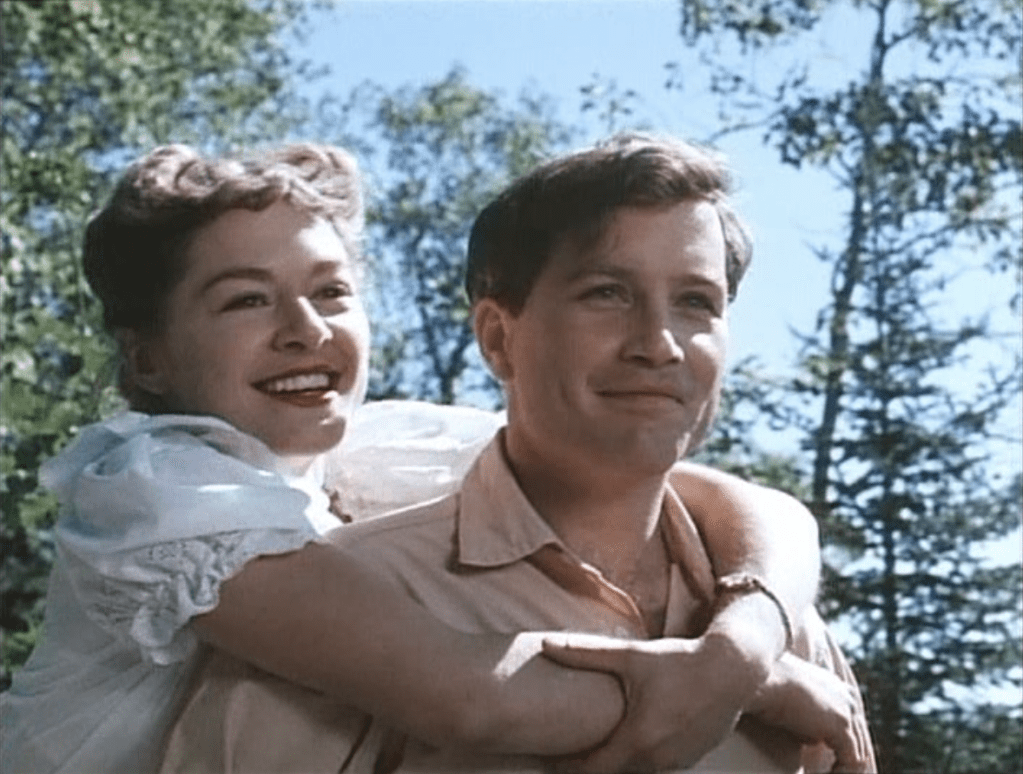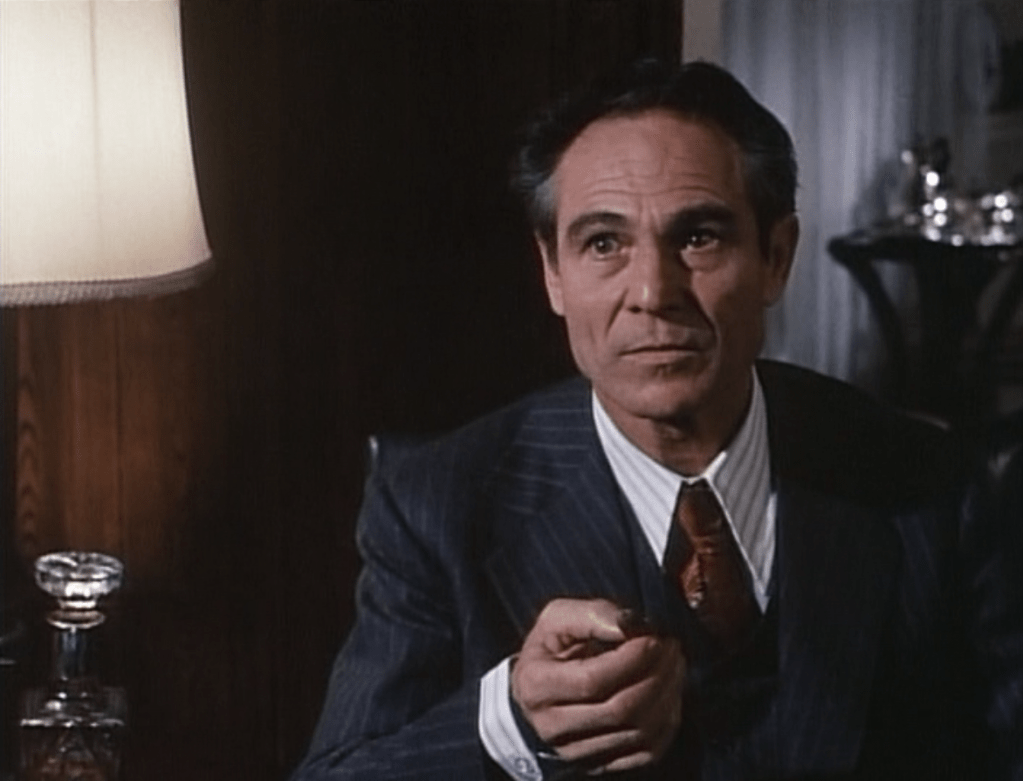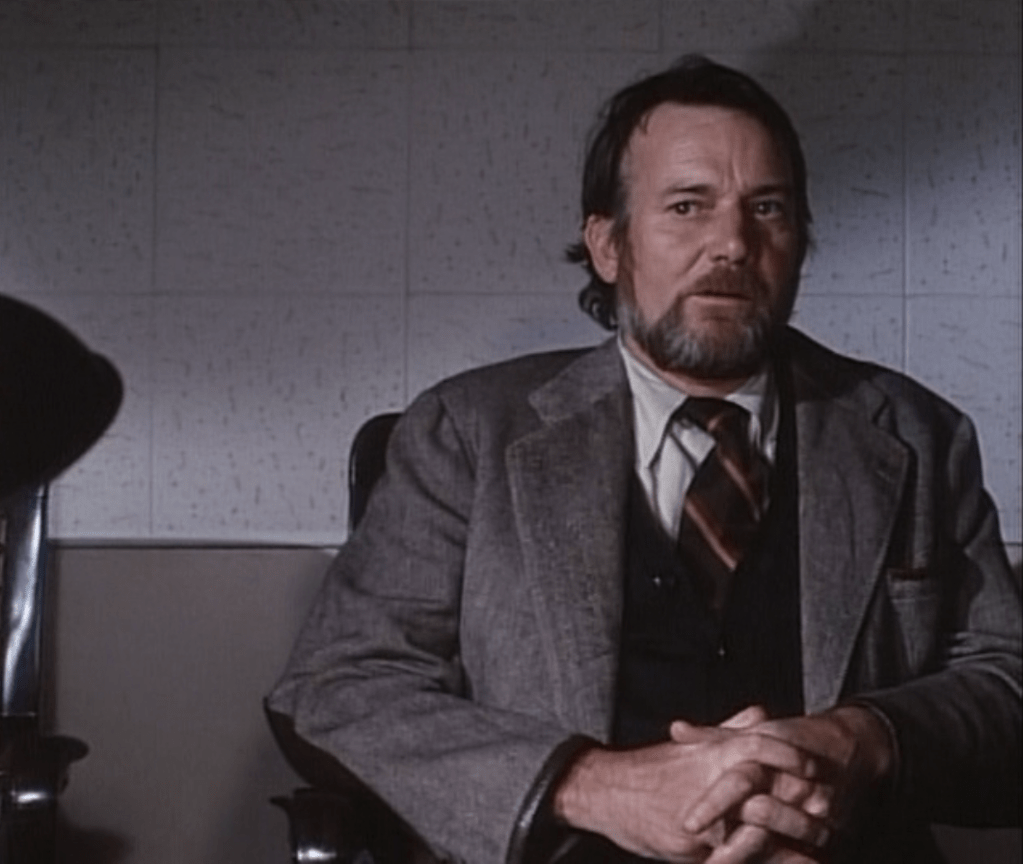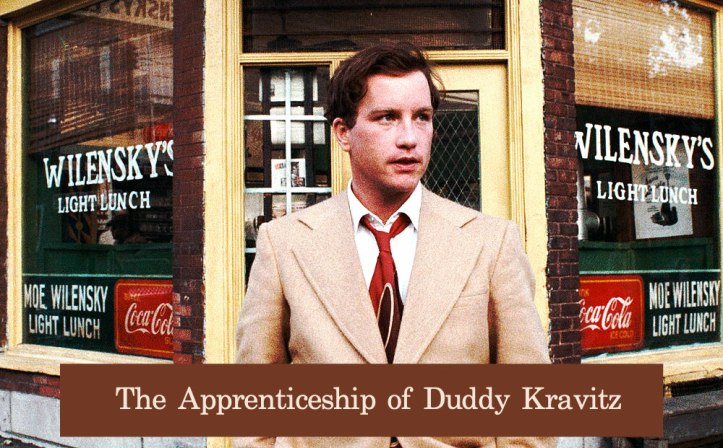The Apprenticeship of Duddy Kravitz (1974)
Richard Dreyfuss, Micheline Lanctôt, Jack Warden, Randy Quaid, Joseph Wiseman, Denholm Elliott and Joe Silver
Director – Ted Kotcheff
From International Cinemedia Center, et al./Astral Films/Paramount Pictures
Duddy Kravitz (Dreyfuss) is a motherless kid growing up on the rough streets of 1950s Montreal. His family – including his father, neighbourhood favourite, cab-driving Max (Warden) – are among the Jewish Anglophones who have settled in the area. Duddy adores his grandfather (played by Ukrainian-born Zvee Scooler, Fiddler on the Roof) and one day while sitting with the zeyda Duddy is handed his life’s mission; his grandfather tells him that a man without land is nobody so Duddy becomes determined to find a parcel to buy. Problem is he’s only 17 years old – where can a kid his age get a stake?
Duddy hustles through the summer as a waiter at a toney resort catering to wealthy Jewish society types. Also working at the hotel is chambermaid Yvette (Lanctôt) with whom Duddy begins a relationship. While on a picnic in the woods, Yvette shows Duddy the lake she visited as a child and Duddy gets the fever, determined to buy the land surrounding the water. He and Yvette join forces and set up housekeeping in an apartment and office in Montreal. Duddy’s schemes to make money bring him into contact with Virgil (Quaid) who sells Duddy pinball machines and who goes to work for Duddy. Kravitz meets a film director, drunken Peter John Friar (Elliott), and the two make bar mitzvah films for local businessmen and their families. Though Duddy is desperate for capital to purchase the plots of land around the lake up in Ste. Agathe, he will not ask his wealthy Uncle Benjy (Wiseman) for a dime.
After a death, a car wreck, a botched abortion and a bankruptcy, Duddy crashes. But he is revived when an old gangster crony gets in a jam with the law. When that falls through, Duddy resorts to treachery to get what he wants. Those closest to Duddy may look at him now with disgust but nothing will keep young Kravitz from becoming a somebody.
Here’s a story that is near and dear to my Canadian heart. It starts with venerable man of letters Mordecai Richler and this novel published in 1959, a book I spoke about in my review of same, a book that is – with On the Road – my favourite and one I have read upwards of 8 times. Richler wrote the novel while living in a London flat with his good friend and fellow Canadian, film director Ted Kotcheff. Kotcheff loved the book and vowed there and then to return to his home land and film the story. 15 years later, he did just that.

Producer John Kemeny (Quest for Fire) commissioned Lionel Chetwynd to knock out a script for our film. Chetwynd (b. 1940) is a Jew who was born in London, England but was raised in Canada. Kemeny thought the first draft needed work and after Richler did a rewrite Ted Kotcheff took the finished work with him to Montreal to fulfill his dream of taking Duddy Kravitz to the screen.
This is certainly one film that would have lived or died with the casting of the main character. Richard Dreyfuss (born NYC, 1947) is by no means my favourite actor but it always boggles my mind to consider that he appears in no less than three of my original Top 25 Favourite Films and in only his first five movie appearances. Duddy Kravitz was his first starring role and Dreyfuss has fond memories of the film, stating in 2013 “as soon as I read the script, I realized I was holding in my hands the greatest part ever offered to a young actor. I felt God was giving me a great opportunity”. Dreyfuss – who I talked about in my review of American Graffiti – would later go on to win an Oscar and to eventually adopt feelings about the Academy Awards similar to mine. Micheline Lanctôt (born Quebec, 1947) is a Genie Award-winning actress and filmmaker who has had a long and distinguished career in the Francophone film industry in this country. Jack Warden is remembered today as one of the world’s most distinguished and prolific character actors. The Jewish Warden was born in Newark and did more than his share to serve his country; he was in the Navy, the Merchant Marine and the Army. On the eve of D-Day, he shattered his leg in a practice parachute jump and spent 8 months in hospital. Instead, then, of likely dying on the beaches, he read a play by Clifford Odets while he was laid up and decided to become an actor. You’ve seen him in a plethora of notable films; The Asphalt Jungle, Sunset Boulevard, From Here to Eternity, 12 Angry Men, The Thin Red Line, All the President’s Men, The Verdict and Things to Do in Denver When You’re Dead. He was nominated for Best Supporting Actor Oscars for Shampoo (1975) and Heaven Can Wait (1978), both with Warren Beatty. He has countless TV credits and won the Emmy for Brian’s Song (1971).

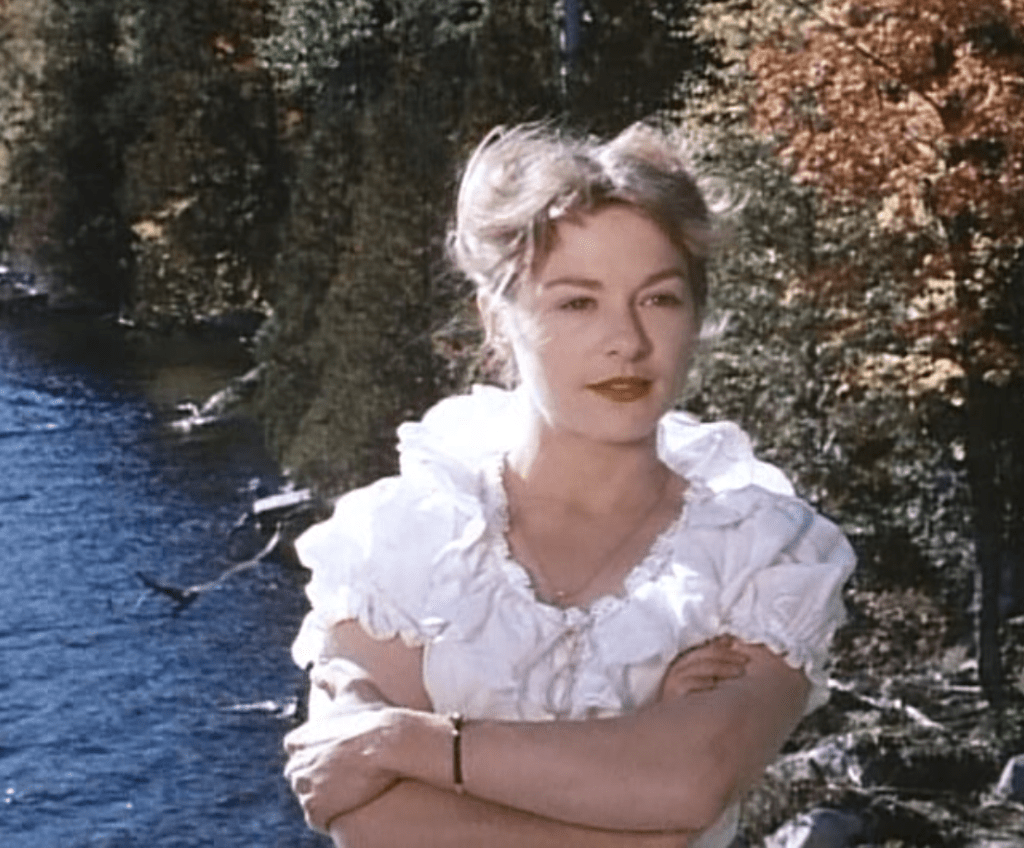

Bonkers Randy Quaid (born 1950) is my man, Dennis Quaid’s older brother. “Through his father, Quaid is a first cousin, twice removed, of cowboy performer Gene Autry”. Randy had already made a splash in The Last Detail (1973) by the time he made our film, making his casting as Virgil something of a coup for this Canadian picture. For The Last Detail, Quaid had been nominated for a Best Supporting Actor Oscar. Good, ol’ Cousin Eddie has had more than his share of legal troubles over the years. These troubles lead him to later seek refuge in the Great White North and he has resided in both Vancouver and Montreal. I’ve always thought it was cool that our film’s Uncle Benjy was played by Doctor No. Actually born in Montreal, Joseph Wiseman did indeed play the first ever cinematic Bond villain and I knew him well from his role as a venerable mob boss in Michael Mann’s excellent TV series Crime Story.

England’s Denholm Elliott can play a drunk like nobody’s business. Known as “the most dependable of all British character actors”, Elliott won three BAFTA awards – one for the classic Trading Places (1983) – and was nominated for an Oscar. Joe Silver is a treat in this film and his performance is a hidden gem. Out of Ol’ Chi, Silver was said to have the lowest voice in show business; “so low that when he speaks, he unties your shoelaces”. He is outstanding as Farber in our film and he must’ve taken a liking to Canada as he also appeared in Cronenberg’s Shivers (1975; also featuring Allan Kolman, who plays Duddy’s nemesis, Irwin Schubert) and Rabid (1977).

Our director, Ted Kotcheff was born in Toronto and is still alive as of this writing at 92. Which brings to mind his colleague and countryman, director Norman Jewison who made it to 97 and died in early 2024. Something about wholesome, Canadian artists living long, productive lives; that bodes well for me, another wholesome Canadian artist. Ted never reached the heights of Jewison or David Cronenberg, even, but his CV is not without highlights. Life at the Top (1965) was a British film that starred Laurence Harvey and sported a screenplay from Ted’s bud, Mordecai Richler. After our film, Kotcheff helmed Billy Two Hats, a western starring Gregory Peck and Desi Arnaz, Jr. that in 2024 was part of my Cinema 74 Film Fest. But Ted Kotcheff really made his name in the 80s when he directed the stellar First Blood, the 1982 Stallone feature that began the John Rambo franchise and a personal favourite of mine, Weekend at Bernie’s – starring my main man Andrew McCarthy – released in 1989.
The Apprenticeship of Duddy Kravitz is renowned today as one of the finest Canadian films ever made. It was awarded the Golden Bear Award – the top prize – at the Berlin International Film Festival and screenwriters Lionel Chetwynd and Mordecai Richler were also singled out for praise. They won a Writers Guild of America award for their script and significantly they were nominated for an Academy Award for Best Adapted Screenplay losing only to the mighty The Godfather Part II. Duddy Kravitz was named Film of the Year at the Canadian Film Awards of 1975, it was the most commercially successful Canadian film to that time, the first Canadian film to gross more than $1 million domestically and the first Canadian film to be nominated for an Oscar.
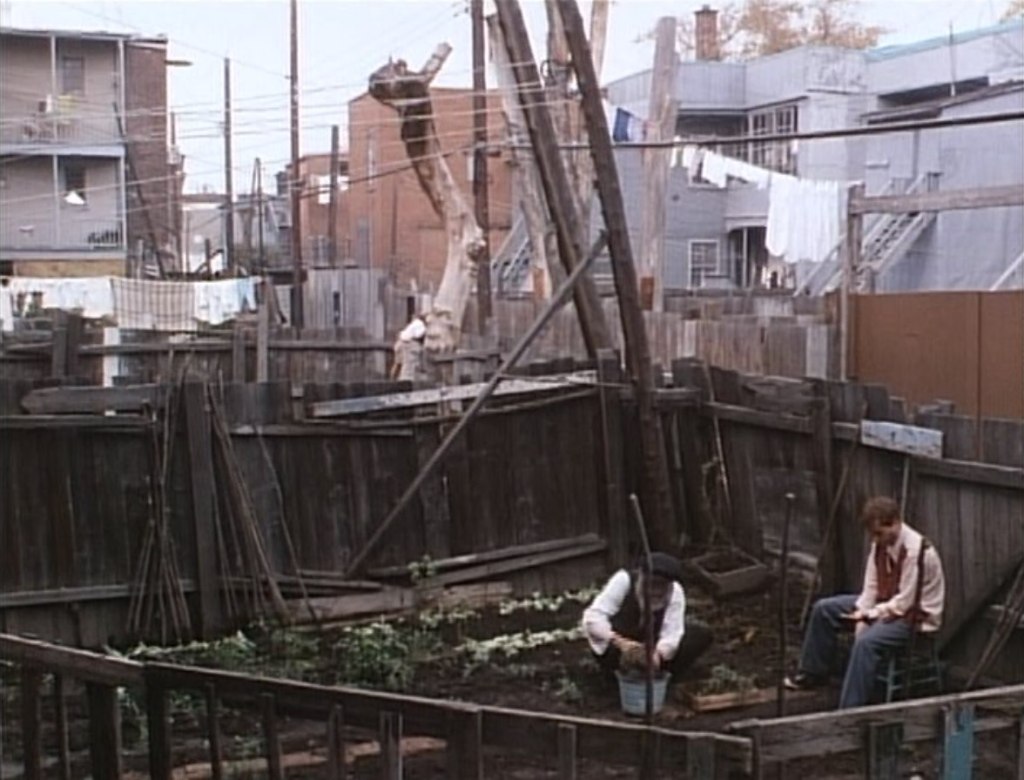

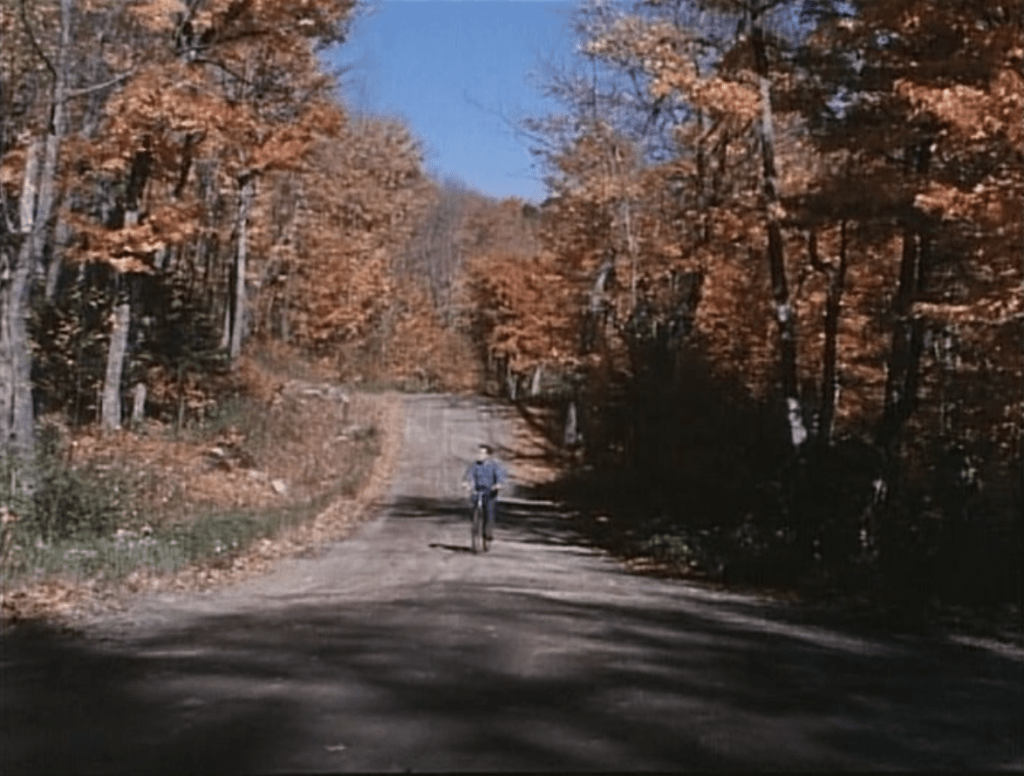
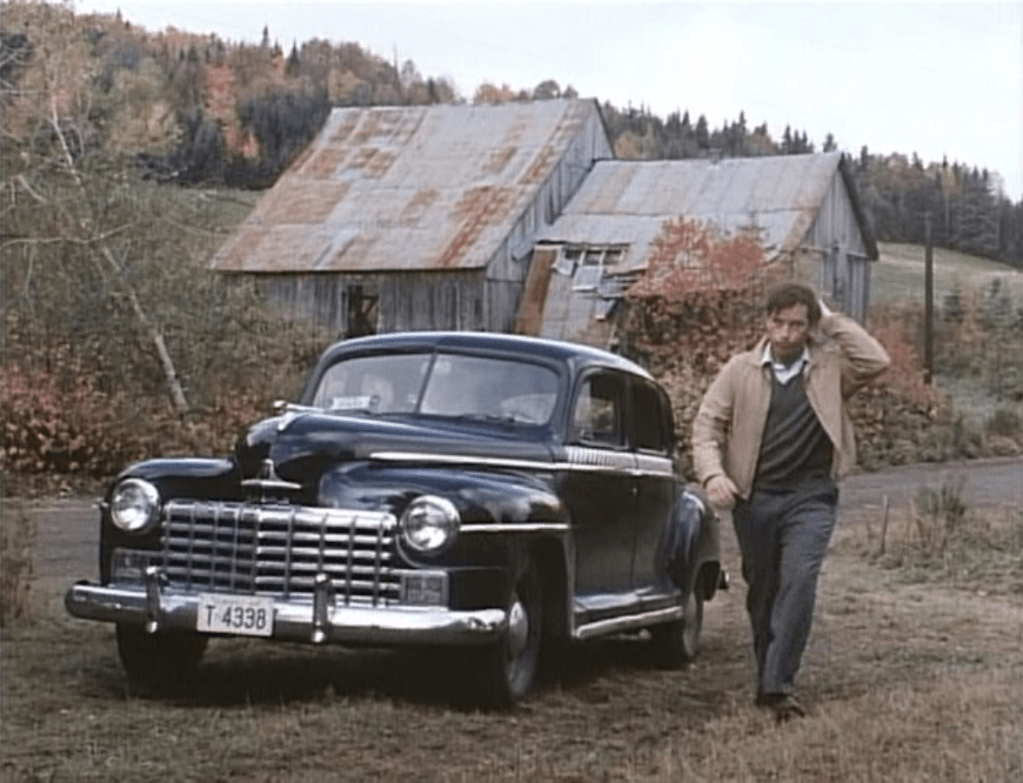
Here at Vintage Leisure we deal in the deep cuts, as you know. Today we’ve been talking about a film that is just that; consider that it is a Canadian film with a specific plot dealing with a Canadian Jewish Anglophone in Quebec in the Fifties and you’ve got one of the deepest cuts we’ve discussed here. But you need not be – like me – a Canadian who studied the novel in high school and fell in love with the tale, the characters and the tone to appreciate this film. There is still much to recommend this movie even if you were not so favoured as to be born above the 49th.
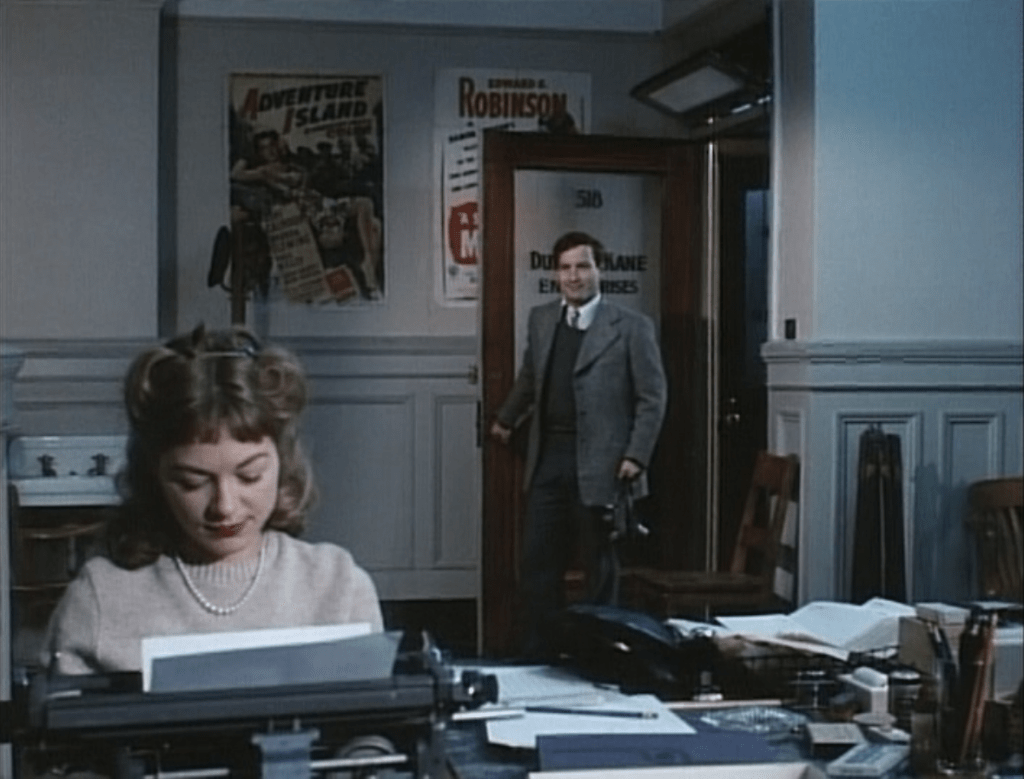

As we’ve noted, if Dreyfuss had failed, the film would’ve tanked. Richard Dreyfuss had already been approached to play Matt Hooper in Jaws by the time Duddy Kravitz had been completed but he had turned it down. When he saw his work in our film, though, he was so despondent by what he thought was a terrible performance that he quickly accepted the role in the Spielberg film that originated the “blockbuster”. But Dreyfuss nails the role of Duddy, bringing a manic energy that carries the film. Duddy may be what we would call a “rotten bugger” but he is an incredibly compelling character. And Joe Silver bears mentioning again. I love this performance. You’d swear it was a real guy and not an actor playing a part and I love it when he is on screen. “Yeah, but look. Look how you look”, his character, Farber, says to Duddy after Kravitz has gone bust. Then Farber encourages Duddy to look after his own – a plague on all the goyim! he says. Here’s a good example of the Jewish-centric humour of Richler’s story. Despite claims of anti-Semitism – remember that Mordecai Richler himself was Jewish – the story and the characters ring so very true.
The street scenes and locations lend this film much of its charm and watchability. Dig that Wilensky’s Light Lunch is a real place, opened in 1932 by Moe Wilensky. It is a “kosher-style” – meaning not necessarily kosher – light lunch counter that is still famous today for its special grilled sandwiches served with “compulsory” mustard and washed down with their soda pop drinks that are still mixed by hand. The deli has been featured on many food programs and is still run by Moe Wilensky’s widow and their descendants. Check them out here. And then there is Fairmount Bagel. According to their story, Isadore Shlafman opened the first bagel bakery in Montreal. The bagels were rolled by hand and baked in a wood-fired oven. Today the same methods are employed by Grandfather Isadore’s grandchildren.
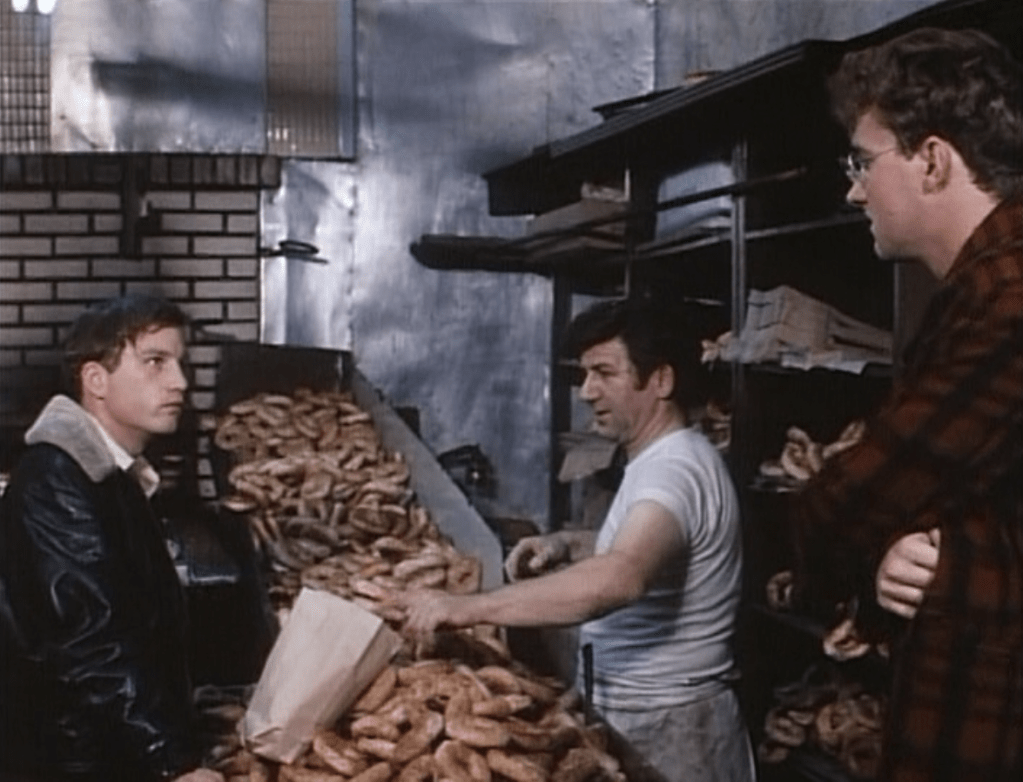

There is much realistic, lighthearted comedy in Duddy Kravitz and at least two engaging performances. It brings into sharp relief the simple struggles of family and of making and keeping a buck. You’ll get a fast-paced but down-home movie, one with distinct depictions of life with its display of the kitchens, living rooms, delis, streets and resorts of the past.
Sources
- TheStar.com – The Apprenticeship of Duddy Kravitz Gets New Life (2013)
